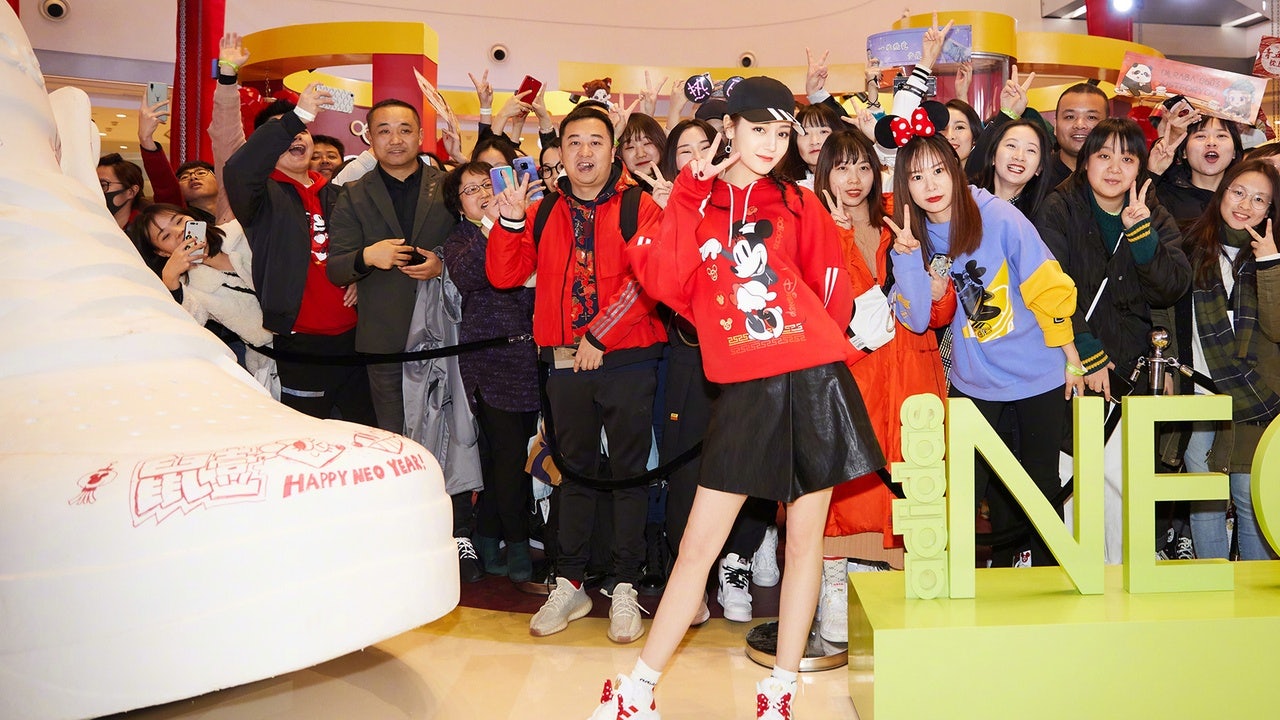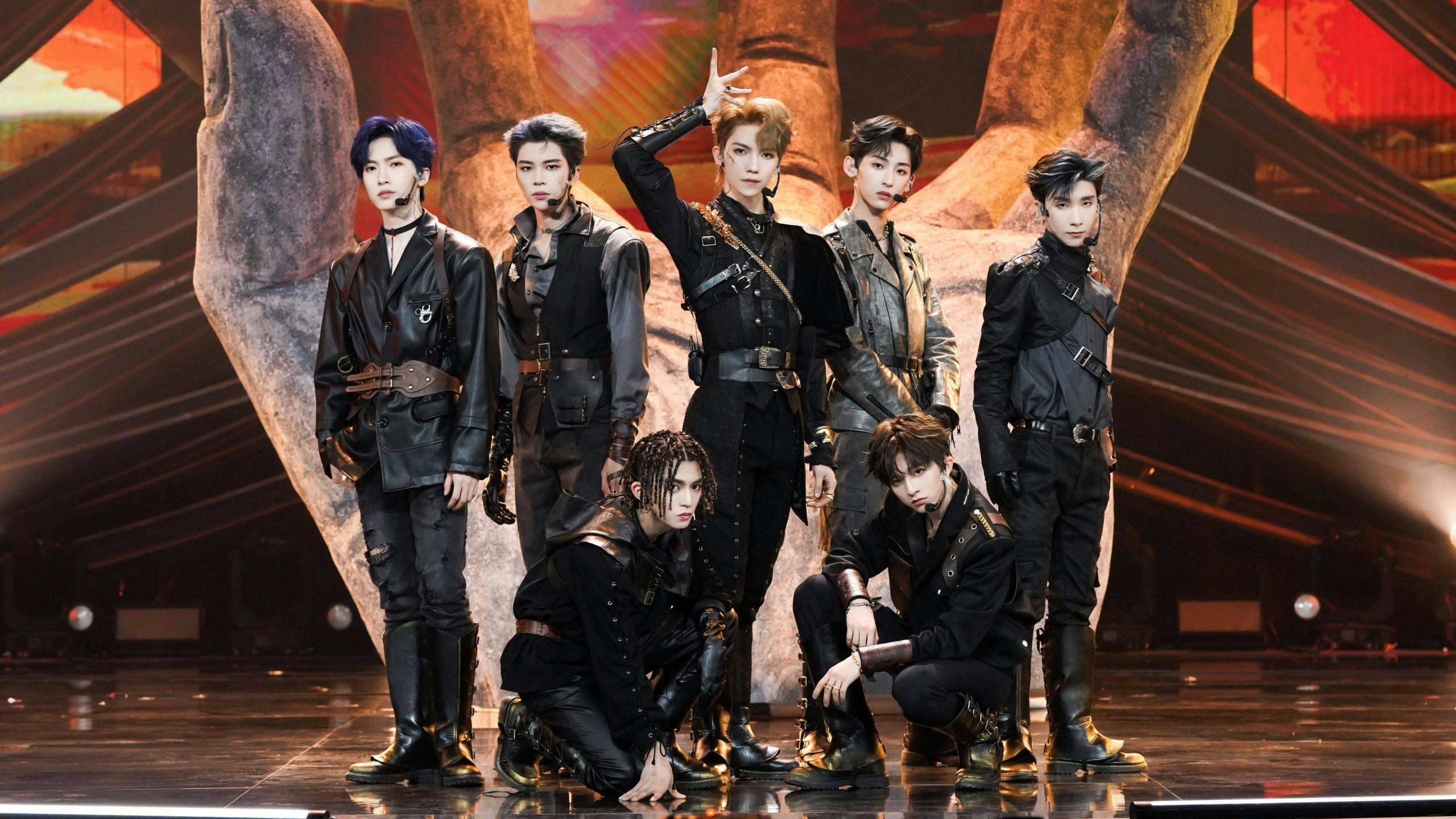What happened
Chinese authorities have removed various apps from online stores for supporting idols and celebrities while forcing other mobile apps to institute age restrictions. Pandailyreports that the move comes after the June launch of a campaign against “chaotic fan club behavior.”
Some apps affected by the regulations include Chaoji Xingfantuan (Super Star's Fan Club) and Taobao (Peach). Both have been removed from mobile app stores.
Pandaily reports that there are many kinds of idol apps in China. Some have been inaugurated and managed by third-party companies, with others originating from celebrity management agencies. For the most part, Chinese officials have targeted unofficial third-party apps.
The Jing Take
In the past, there has been a persistent claim that the apps for supporting idols are invading celebrity privacy and promoting bullying or unsuitable content to minors. Sure enough, the over-reliance on these mobile apps can lead to problematic behaviors like overspending, anxiety, and gaming addiction. Moreover, some of these mobile apps track the activity of their users by recording their behavior online — an invasion of the user's privacy.
This personal rights violation and the illegal tracking of stars’ schedules and activities are even more dangerous. Global Times reports that some of these apps have specifically targeted Yang Mi and Zhang Jie.
The luxury industry will benefit from Beijing’s crackdown on these questionable apps since idols and celebrities are used as the must-have marketing tool in China. By safeguarding their privacy, China shields celebrities from overexposure and widely publicized scandals.
The move might also boost consumer spending since Gen Z (China’s largest group of internet users) will retain more disposable income if young luxury consumers cannot spend money on in-game purchases and the virtual KOL economy.
The Jing Take reports on a piece of the leading news and presents our editorial team’s analysis of the key implications for the luxury industry. In the recurring column, we analyze everything from product drops and mergers to heated debate sprouting on Chinese social media.

